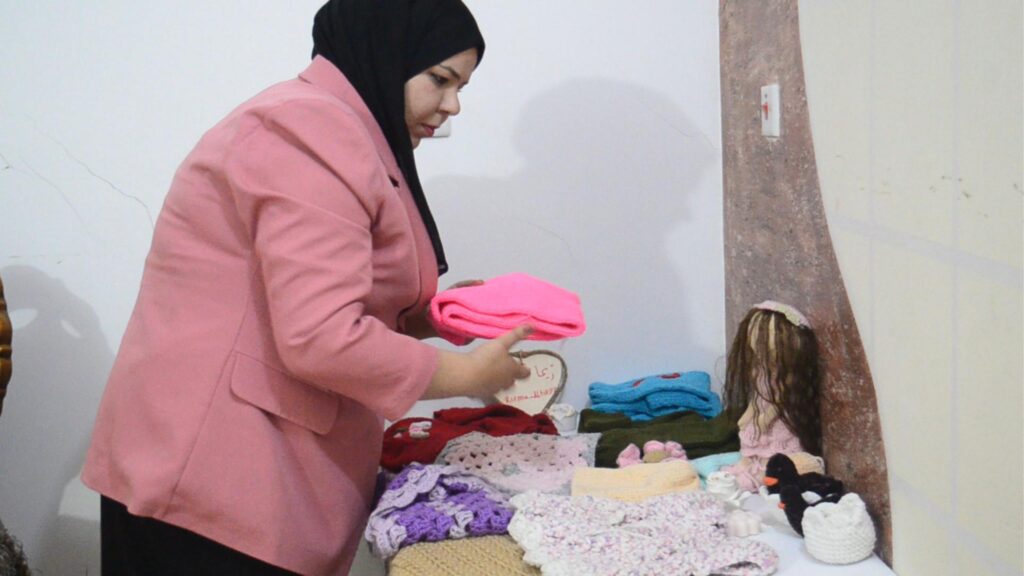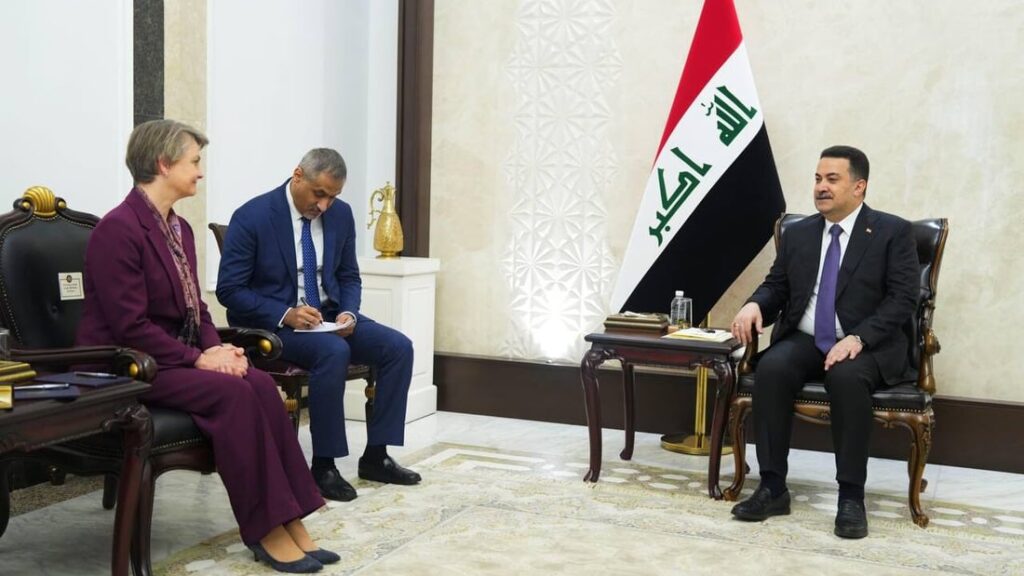Iraq: Iraq ‑ Complex Emergency Fact Sheet #1, Fiscal Year (FY) 2020
HIGHLIGHTS
Ongoing suspension of access approvals hinders delivery of humanitarian assistance, affecting 2.4 million people
Escalated regional tensions prompt access and safety concerns among relief actors in Iraq
2020 Iraq HNO identifies 4.1 million people in need across the country
KEY DEVELOPMENTS
Critical relief programs supporting millions of vulnerable Iraqi households are at risk of halting due to the continued suspension of Government of Iraq (GoI) access authorizations for relief organizations operating in Federal Iraq, the UN reports. The suspension has delayed or prevented the delivery of life-saving humanitarian assistance to many areas since December, affecting an estimated 2.4 million people. The UN, nongovernmental organizations (NGOs), and humanitarian donors are advocating for the GoI to ensure the unfettered delivery of emergency assistance for conflict-affected populations throughout Iraq.
The International Organization for Migration (IOM) reported a significant increase in the number of IDP returns to areas of origin during September and October compared with July and August, likely due to scaled-up camp consolidation and closure efforts during the period. However, returns have since reverted to a reduced rate as camp closures and consolidations have slowed. An estimated 4.59 million people had returned to areas of origin as of December 31, IOM reports.
The UN released the 2020 Iraq Humanitarian Needs Overview (HNO) in midNovember, identifying 4.1 million people in need of emergency assistance—a nearly 40 percent decrease from the 6.7 million people identified in the 2019 HNO. As the humanitarian response increasingly shifts toward finding durable solutions for populations displaced by conflict, the HNO emphasizes the need to assist returnees and out-of-camp internally displaced persons (IDPs), including by addressing continued protection issues and ensuring access to basic services, shelter, and livelihoods to advance recovery and build resilience.



